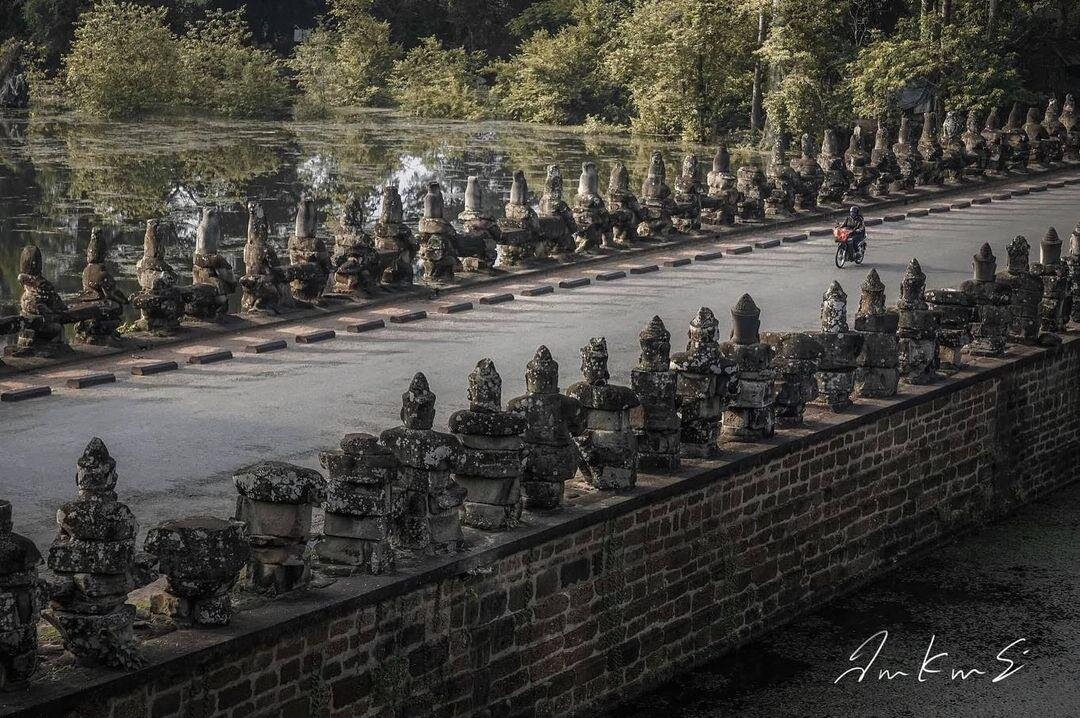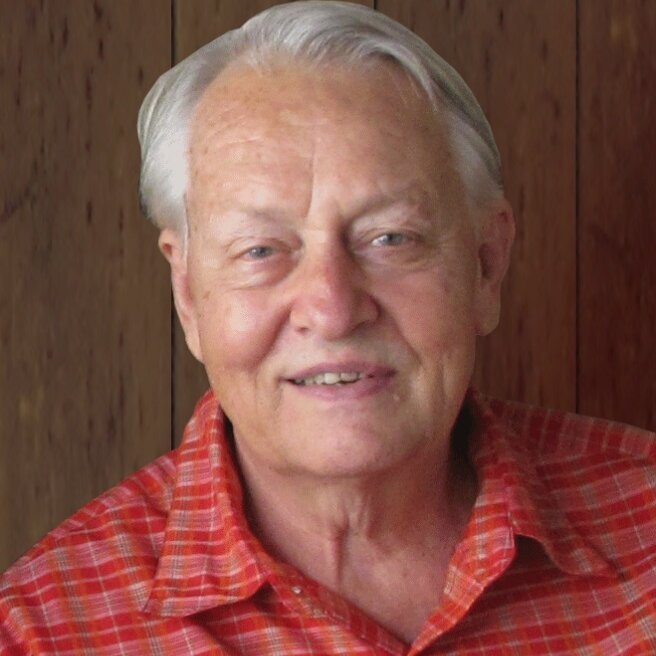Even if the concepts of “polities”, “Empires”, “states”, “vassality” are still debated among historians when applied to Southeast Asia, it is quite clear that Siamese, Vietnamese, Khmer, Cham or Laotian people developed quite early their own, distinctive vision of the political and geographical spheres they inhabited.
As the author aptly notes, “various attempts have been made in the literature to define the differences between European and Southeast Asian notions of the state. Of these the ones that have attracted most attention are the “hydraulic state” (Wittfogel1957) and the Asiatic Mode of Production (Sawer 1978) by which Marxists have attempted to differentiate Asian from European political economies; Clifford Geertz’s (1980) negara or “theatre state;” and the “galactic polity” (Tambiah 1977) or mandala (Wolters 1968). Of these, the Asiatic Mode of Production (AMP) at least has the advantage of providing an alternative schema to Marx’s sequence of slave society-feudalism-capitalism.”
The notion of strict adequation between political power and territory developed differently within the respective Siamese, Vietnamese and Khmer spaces. Remarks the author: “While the struggle between Dai Viet and Champa was often one of open warfare between similarly matched powers, interference in the affairs of Cambodia was more often than not at the invitation of some Cambodian claimant to the throne to counter Siamese support for some other candidate (Chandler 1983). Vietnamese migration and settlement in the Mekong delta prepared the way for successive annexations of Cambodian territory, until by about 1780 all of what later became known as Cochinchina was in Vietnamese hands (compare Nguyen The Anh 1989a and Mak Phoen 1989).
“This process of migration and settlement was possible precisely because the Khmer concept of the state and its frontiers differed significantly from the Vietnamese. For the Cambodians their kingdom was “an ethnically and culturally dominated space corresponding to the extension of royal power” (Lafont 1989). People occupying social space in villages, not territory extending to defined frontiers, comprised the Cambodian polity. Khmer villages acknowledged that they formed part of the Khmer kingdom. A Vietnamese village situated between them did not. The notion of a frontier for the Khmer was thus ambiguous, as it was also for the Cham. Or to put it another way, the notion of sovereignty was not tied to territory per se, but to territory comprising the social space of Khmer villages. For the Vietnamese, by contrast, sovereignty was much more closely linked to territory per se. Thus the notion of a frontier was more clearly defined: it marked the area over which the writ of the Emperor was stated to extend. Such territory was duly documented in the imperial records. Thus was the judicial basis of possession established, even if in reality Vietnamese settlement, and indeed control, was minimal (Lafont 1989).”
The paradoxical bottom line, thus, is that ““ironically, through their adaptation of Vietnamese ambitions and traditional relationships, the French created in Southeast Asia a colonial empire that was a fulfillment of long-standing goals of Vietnamese expansionism””.



